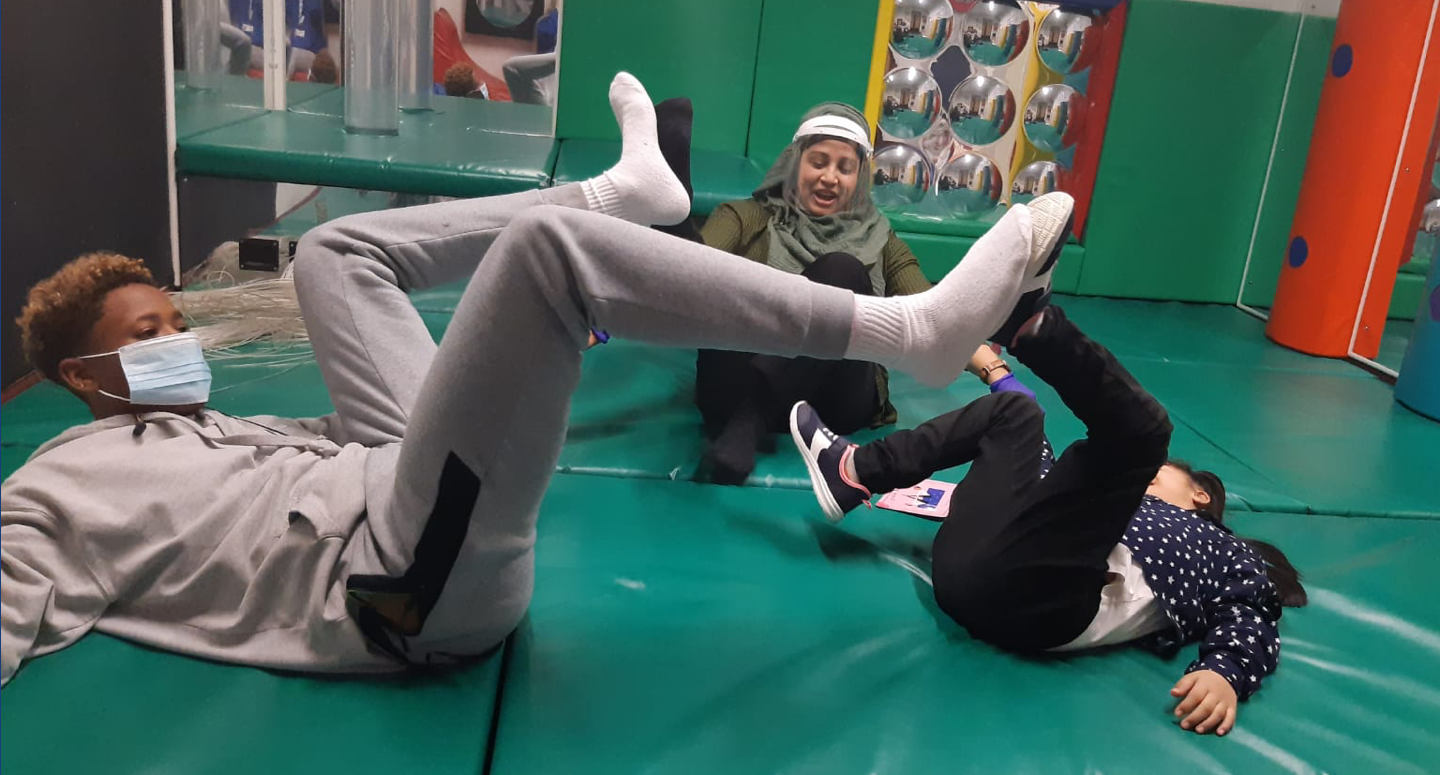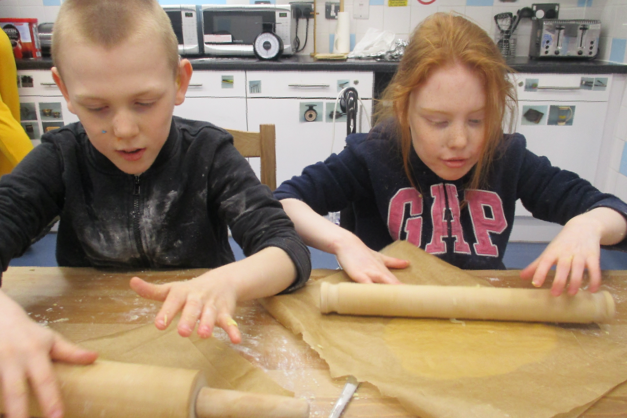By 18 young people are able to confidently follow complex directions, can advocate for themselves when they need help, and should have a wide vocabulary which they can use to form longer complex sentences. They can maintain the topic of conversation for longer periods of time and use language creatively for social purposes. They can switch between formal and informal conversational styles with ease.
16+
Facts and figures
45
60
4
88
Overview

Advice
It’s helpful to keep encouraging young people to reflect on their language or communication skills i.e how could you have made your point more concise? Or how could you approach that situation differently next time?
Help & support


Resources
Discover our range of free online speech, language and communication resources offering tips and resources you can easily apply with young people at school.

Events
Training those who work with young people in a professional capacity is a key part of the speech and language therapy work we undertake within the Bi-borough Children’s Services. If your role requires regular contact with young people find out how our training can help you to communicate more effectively with babies through to teenager.


